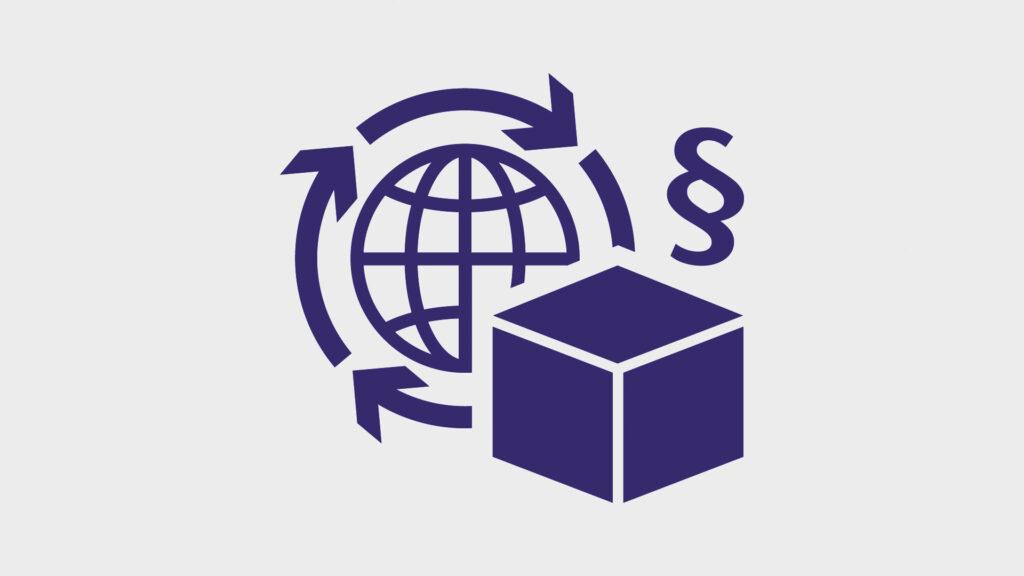Germany’s new Supply Chain Due Diligence Act and its impact on Hungarian suppliers
As of 1 January 2023 a new Supply Chain Due Diligence Act came into effect in Germany, which requires companies to audit their suppliers according to a certain set of criteria. The companies must also make sure that their suppliers comply with social and environmental standards.

Guest writer:
Dr. László Szűcs
lawyer, partner
Réti, Várszegi and Partners Law Firm PwC Legal

Guest writer:
Dr. Rita Szalay
lawyer, partner
Réti, Várszegi and Partners Law Firm PwC Legal
The new law applies to those companies that employ minimum 3,000 workers in Germany. From 2024 firms based in Germany with more than 1,000 employees will also have the same obligation.
Obligations of businesses
The Supply Chain Due Diligence Act stipulates that companies must set up processes for risk management, preventive measures, notification management, screening and annual reporting. German companies that fall under the scope of the act must prepare a supply chain report every year, within 4 months after the financial year’s closure, and publish this report on the company website (it must be accessible for 7 years). This document must report in detail whether human rights or environmental risks were identified at any of the suppliers, if yes how these were managed and what the result was. If a company fails to comply with this obligation, it can be fined up to EUR 100,000.
Criteria for supplier due diligence procedures
Germany’s new Supply Chain Due Diligence Act names a set of criteria for screening suppliers. In part these are environmental considerations, but there also human rights and labour rights aspects. Companies are obliged to audit their whole supply chain for finding out whether their partners comply with the law, thus the due diligence procedure extends to suppliers based in Hungary as well. It won’t be completely new for Hungarian suppliers to have their activities audited, but so far the typically voluntary “supplier audits” dealt with things such as raw material use, place of origin and technology applied. However, in accordance with the new law, these screening will involve environmental and human rights aspects.

Preparatory steps
Businesses should prepare for the vetting as soon as possible. The first thing they need to do is analyse their own and the supplier activities, from the perspective of how the technology and raw materials used affect the natural environment. As regards human rights criteria, Hungarian suppliers will probably have to focus on labour law compliance. For instance the firm must assess workplace health and safety matters, the quality of the dialogue between employees and the management, and the representation of workers (trade union, works council, etc.).
In all likelihood German companies will perform these due diligence procedures in the form of sending out questionnaires to their suppliers, which they have to fill out. Having analysed the results, the company decides whether the Hungarian supplier meets its criteria in the various fields. If there are shortcomings, the supplier must be prepared to remedy these before a deadline; if the supplier fails to do this, it is very likely that the German partner will terminate the business relationship with them. //
This article is available for reading in Trade magazin 2023.2-3.
Related news
Tesco Ireland Invests €200m In Irish Supplier Partnerships
Tesco Ireland has invested over €200 million in renewals and…
Read more >Promotion of the Year awards presented at a trade conference
This year the “Promotion of the Year 2024” awards ceremony…
Read more >Walmart launching beta of customer behavior solution for suppliers
Walmart will provide a broader range of shopper insights to…
Read more >Related news
They want it to be premium, but also sustainable – expectations of the youngest generation
GlobalData’s latest report, “Demographics in Retail and Apparel” – which…
Read more >Zsolt Liptai became the winemaker of the year
The Hungarian Wine Academy (MBA) has awarded Zsolt Liptai, the…
Read more >Tips for avoiding credit card fraud during the holiday season
The Christmas season is all about the joy of shopping,…
Read more >







